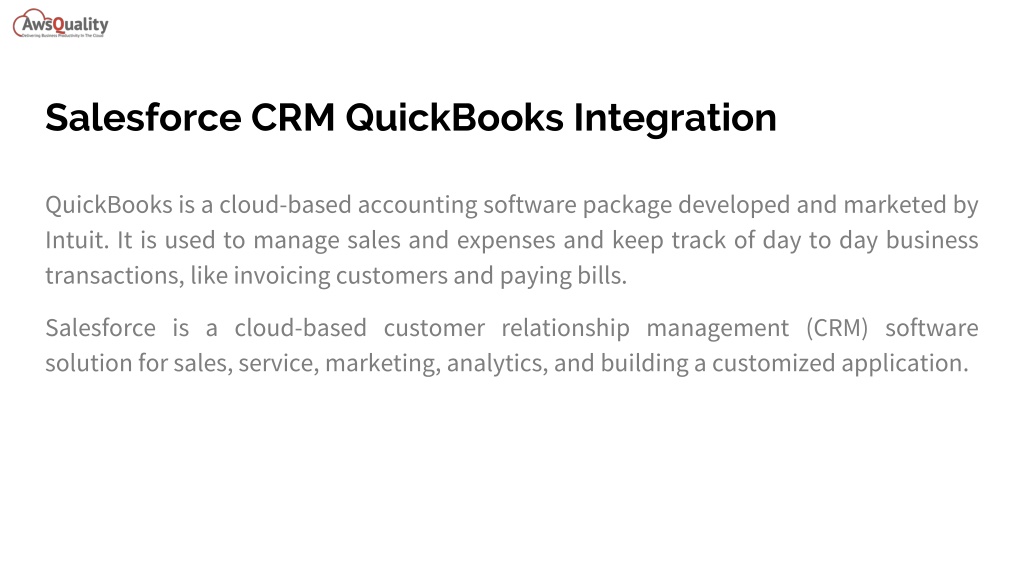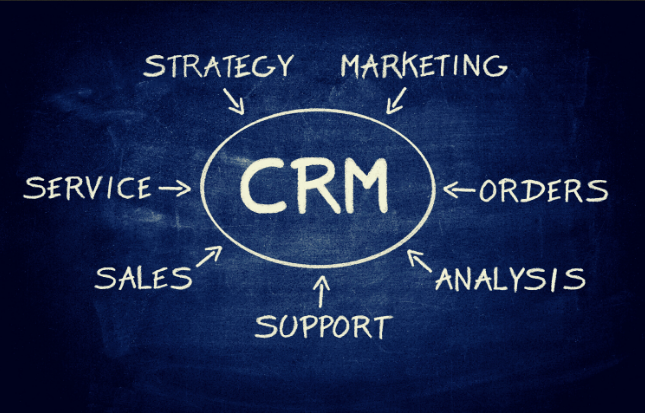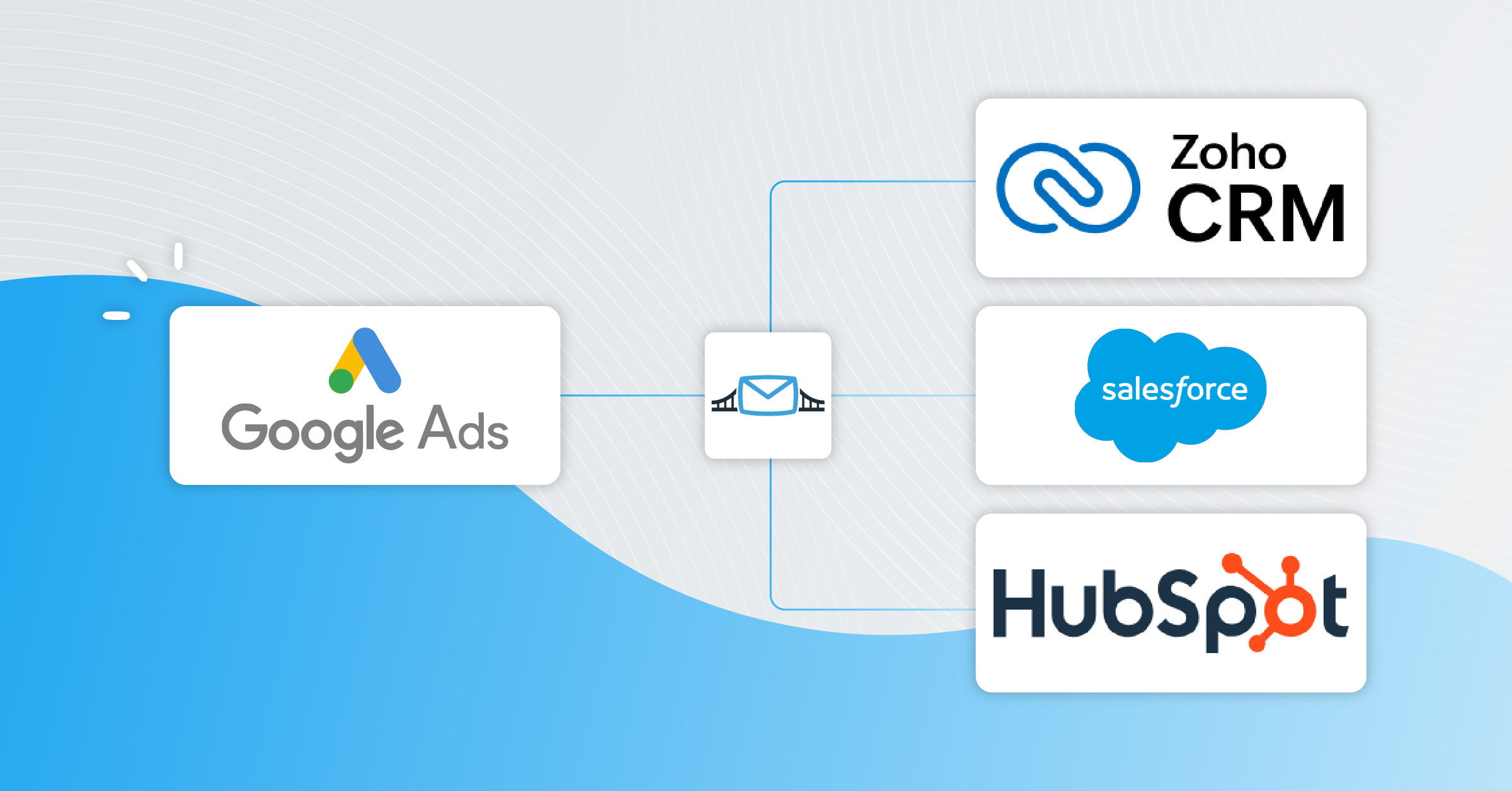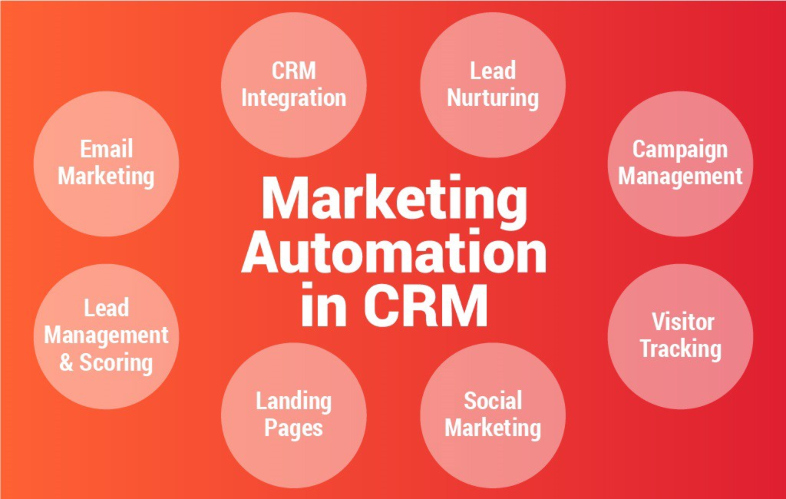Unlock Exponential Growth: Mastering CRM for Your Small Business
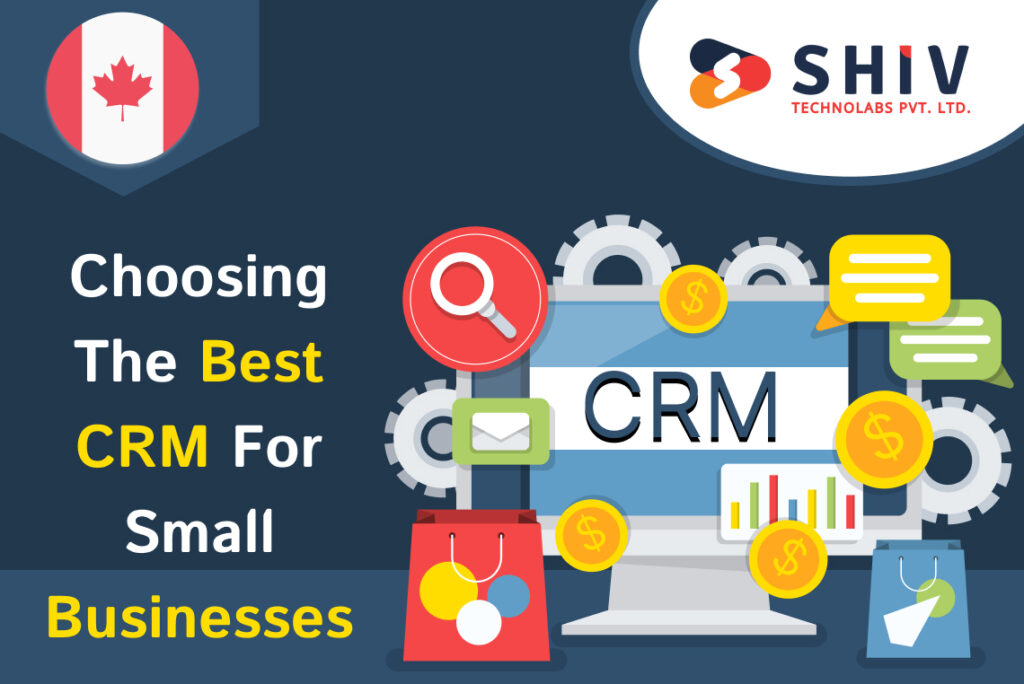
The Power of CRM for Small Business: A Game Changer
Starting and running a small business is an exciting journey, filled with challenges and triumphs. In the initial stages, you’re likely juggling multiple hats – from sales and marketing to customer service and operations. As your business grows, so does the complexity. Keeping track of leads, managing customer interactions, and analyzing sales data can quickly become overwhelming. This is where a Customer Relationship Management (CRM) system steps in, becoming an indispensable tool for sustainable growth.
CRM isn’t just about storing customer data; it’s about building meaningful relationships. It’s about understanding your customers’ needs, preferences, and behaviors, allowing you to tailor your interactions and provide exceptional service. For small businesses, this personalized approach can be a significant differentiator, helping you stand out in a competitive market. This article will delve into the world of CRM, exploring its benefits, key features, and how it can propel your small business toward remarkable growth.
What is CRM? Demystifying the Concept
CRM, or Customer Relationship Management, is a technology that helps businesses manage interactions with current and potential customers. It’s more than just a software; it’s a strategy focused on building and nurturing customer relationships. A robust CRM system centralizes all customer-related information, providing a 360-degree view of each customer. This includes contact details, communication history, purchase history, and any other relevant data.
Think of it as a digital hub where all your customer interactions are stored and organized. This allows your team to access the information they need quickly, make informed decisions, and provide a consistent and personalized experience. Unlike traditional methods like spreadsheets and sticky notes, a CRM system offers scalability and efficiency, adapting to the evolving needs of your growing business.
Key Components of a CRM System
- Contact Management: Centralized storage of customer contact information, including names, addresses, phone numbers, and email addresses.
- Lead Management: Tracking and nurturing potential customers (leads) through the sales funnel.
- Sales Automation: Automating repetitive sales tasks, such as sending follow-up emails and scheduling appointments.
- Marketing Automation: Automating marketing campaigns and tracking their performance.
- Customer Service: Managing customer inquiries, resolving issues, and providing support.
- Reporting and Analytics: Generating reports and analyzing data to gain insights into customer behavior and sales performance.
Benefits of Implementing a CRM for Your Small Business
The advantages of adopting a CRM system for your small business are numerous and far-reaching. From boosting sales and improving customer satisfaction to streamlining operations and enhancing decision-making, a CRM can be a game-changer. Let’s explore some of the key benefits in detail.
Increased Sales and Revenue
One of the most significant benefits of CRM is its ability to boost sales. By providing a centralized view of customer data, CRM enables your sales team to identify and prioritize leads more effectively. They can track the progress of each lead through the sales funnel, identify potential roadblocks, and tailor their approach to maximize conversion rates. CRM also automates sales tasks, freeing up your sales team to focus on building relationships and closing deals.
Features like sales forecasting and pipeline management help you predict future revenue and identify areas for improvement. CRM also allows you to personalize your sales efforts, providing customers with relevant information and offers based on their individual needs and preferences. All of these factors contribute to increased sales and revenue for your small business.
Improved Customer Satisfaction
Happy customers are the cornerstone of any successful business. CRM helps you improve customer satisfaction by providing a more personalized and responsive service. With all customer information readily available, your team can quickly address inquiries, resolve issues, and provide tailored support. CRM also allows you to track customer interactions and identify areas where you can improve the customer experience.
By understanding your customers’ needs and preferences, you can proactively offer solutions and anticipate their future needs. This level of personalization builds trust and loyalty, leading to increased customer satisfaction and retention. CRM also facilitates proactive communication, allowing you to keep customers informed about new products, services, and promotions.
Enhanced Marketing Effectiveness
CRM empowers your marketing team to create more targeted and effective campaigns. By analyzing customer data, you can segment your audience and tailor your messaging to specific groups. This ensures that your marketing efforts reach the right people with the right message, maximizing your return on investment (ROI).
CRM also allows you to automate marketing tasks, such as sending email campaigns and managing social media interactions. You can track the performance of your marketing campaigns and identify which strategies are most effective. This data-driven approach enables you to continuously optimize your marketing efforts and improve your results. Integration with other marketing tools further enhances the capabilities.
Streamlined Operations and Improved Efficiency
CRM streamlines your business operations by automating tasks and centralizing information. This frees up your team to focus on more strategic activities, such as building relationships and driving innovation. CRM also improves communication and collaboration across different departments, ensuring that everyone is on the same page.
By automating repetitive tasks, CRM reduces the risk of errors and improves the accuracy of your data. This leads to increased efficiency and productivity, allowing you to do more with less. CRM also provides valuable insights into your business processes, helping you identify areas where you can improve your efficiency and reduce costs.
Data-Driven Decision Making
CRM provides valuable data and analytics that empower you to make informed decisions. You can track key performance indicators (KPIs) such as sales, customer satisfaction, and marketing ROI. This data helps you identify trends, understand customer behavior, and make strategic decisions about your business. CRM also allows you to generate reports and dashboards that provide a clear and concise overview of your business performance.
By using data to inform your decisions, you can minimize risks and maximize your chances of success. CRM helps you stay ahead of the curve by providing the insights you need to adapt to changing market conditions and customer needs.
Key Features to Look for in a CRM System
Choosing the right CRM system for your small business is crucial for maximizing its effectiveness. The features you need will depend on your specific business needs and goals. However, some key features are essential for any CRM system designed for growth.
Contact Management
At the heart of any CRM system is contact management. This feature allows you to store and organize customer contact information, including names, addresses, phone numbers, email addresses, and social media profiles. A good contact management system should also allow you to track interactions with each contact, such as emails, phone calls, and meetings.
Lead Management
Lead management is essential for tracking and nurturing potential customers. Your CRM should allow you to capture leads from various sources, such as your website, social media, and marketing campaigns. It should also enable you to track the progress of each lead through the sales funnel, identify potential roadblocks, and automate lead nurturing activities.
Sales Automation
Sales automation features can significantly improve the efficiency of your sales team. Look for a CRM that allows you to automate repetitive tasks, such as sending follow-up emails, scheduling appointments, and generating quotes. Sales automation should also provide sales forecasting and pipeline management capabilities.
Marketing Automation
Marketing automation features can help you create more targeted and effective marketing campaigns. Your CRM should allow you to segment your audience, create automated email sequences, and track the performance of your campaigns. Integration with other marketing tools is also a valuable asset.
Customer Service and Support
Customer service features are essential for providing excellent customer support. Your CRM should allow you to manage customer inquiries, resolve issues, and track customer interactions. It should also provide features such as a knowledge base and live chat functionality.
Reporting and Analytics
Reporting and analytics features are crucial for tracking your business performance and making data-driven decisions. Your CRM should allow you to generate reports and dashboards that provide a clear and concise overview of your sales, marketing, and customer service performance. Look for a system that offers customizable reports and the ability to track key performance indicators (KPIs).
Integration Capabilities
The ability to integrate your CRM with other tools and platforms is essential for maximizing its value. Look for a CRM that integrates with your existing email marketing software, accounting software, social media platforms, and other business applications. Integration simplifies data sharing and streamlines your workflows.
Mobile Accessibility
In today’s fast-paced business environment, it’s essential to have access to your CRM data on the go. Look for a CRM system that offers mobile accessibility, allowing your team to access and update customer information from their smartphones and tablets. This is particularly important for sales teams who spend a lot of time in the field.
Choosing the Right CRM for Your Small Business
Selecting the right CRM system can feel like a daunting task, but by following a few key steps, you can find the perfect solution for your small business. Consider these factors to guide your decision-making process.
Assess Your Needs and Goals
Before you start evaluating CRM systems, take the time to assess your business needs and goals. What are your key challenges? What are you hoping to achieve with a CRM system? Identify the features that are essential for your business and create a list of your must-haves. Consider your budget and the size of your team.
Research Different CRM Systems
Once you have a clear understanding of your needs, research different CRM systems. There are many options available, each with its own strengths and weaknesses. Some popular CRM systems for small businesses include HubSpot CRM, Salesforce Sales Cloud Essentials, Zoho CRM, and Pipedrive. Read reviews, compare features, and consider the pricing plans of each system.
Consider Your Budget
CRM systems range in price from free to thousands of dollars per month. Determine your budget and look for systems that fit within your financial constraints. Consider the total cost of ownership, including the cost of software, implementation, training, and ongoing support. Free CRM options can be a great starting point for small businesses with limited budgets.
Evaluate Ease of Use
A CRM system is only as effective as its users. Choose a system that is easy to use and intuitive. Look for a user-friendly interface, clear navigation, and helpful documentation. Consider whether the system offers training and support to help your team get up to speed quickly.
Scalability
Your business will likely grow over time, so choose a CRM system that can scale with your needs. Ensure that the system can handle an increasing number of users, contacts, and data. Consider whether the system offers additional features and functionality that you may need in the future.
Integration Capabilities
As mentioned earlier, integration capabilities are crucial for maximizing the value of your CRM. Ensure that the system integrates with your existing email marketing software, accounting software, social media platforms, and other business applications. This will streamline your workflows and improve your overall efficiency.
Try Before You Buy
Many CRM systems offer free trials or demos. Take advantage of these opportunities to test out the system and see if it’s a good fit for your business. This will allow you to evaluate its features, ease of use, and overall performance before making a commitment.
Implementing Your CRM System: Best Practices
Once you’ve chosen a CRM system, the next step is implementation. A successful implementation is crucial for realizing the full benefits of your CRM. Follow these best practices to ensure a smooth and efficient implementation.
Plan Your Implementation
Before you start implementing your CRM, create a detailed plan. This plan should outline your goals, timelines, and responsibilities. Identify the key stakeholders who will be involved in the implementation process. Define your data migration strategy and create a plan for training your team.
Clean and Migrate Your Data
One of the most important steps in the implementation process is cleaning and migrating your data. Ensure that your data is accurate, complete, and up-to-date. Eliminate any duplicates and standardize your data format. Migrate your data to the new CRM system, ensuring that it is properly mapped and organized.
Train Your Team
Training your team is essential for ensuring that they can effectively use the CRM system. Provide comprehensive training that covers all the features and functionality of the system. Offer ongoing support and resources to help your team learn and adapt to the new system. Encourage your team to ask questions and provide feedback.
Customize Your CRM
Customize your CRM to meet the specific needs of your business. Configure the system to match your workflows and processes. Create custom fields and reports to track the data that is most important to your business. Integrate the CRM with your other business applications.
Monitor and Evaluate
Once your CRM is implemented, monitor its performance and evaluate its effectiveness. Track key performance indicators (KPIs) such as sales, customer satisfaction, and marketing ROI. Identify areas where you can improve your CRM usage and make adjustments as needed. Continuously refine your processes and optimize your CRM for maximum impact.
CRM and the Future of Small Business Growth
The role of CRM in small business growth is only becoming more critical. As technology advances and customer expectations evolve, businesses need to adapt to stay competitive. CRM is no longer a luxury; it’s a necessity for any small business that wants to thrive in today’s market. The future of CRM is likely to include even more advanced features, such as artificial intelligence (AI) and machine learning (ML), to provide even greater insights and automation capabilities.
Here are some emerging trends in CRM that you should keep an eye on:
- AI-powered CRM: AI can automate tasks, provide insights, and personalize customer experiences.
- Mobile CRM: Mobile CRM solutions will become even more important for sales teams.
- Social CRM: Integration with social media platforms will become more seamless.
- Focus on personalization: CRM will enable businesses to deliver highly personalized experiences.
- Integration with other technologies: CRM will be integrated with other technologies such as IoT and blockchain.
By embracing CRM and staying informed about the latest trends, your small business can be well-positioned for sustainable growth. CRM empowers you to build stronger customer relationships, streamline your operations, and make data-driven decisions. It’s an investment that will pay dividends for years to come.
Conclusion: Embrace CRM for Unstoppable Growth
In conclusion, implementing a CRM system is a strategic move that can transform your small business. By centralizing customer data, automating tasks, and providing valuable insights, CRM empowers you to increase sales, improve customer satisfaction, enhance marketing effectiveness, and streamline operations. Choosing the right CRM, implementing it effectively, and continuously optimizing its use will be pivotal for your sustained growth.
Don’t let your business get left behind. Embrace the power of CRM and unlock the potential for unstoppable growth. It’s an investment in your future, and a step towards building a thriving and customer-centric small business.


